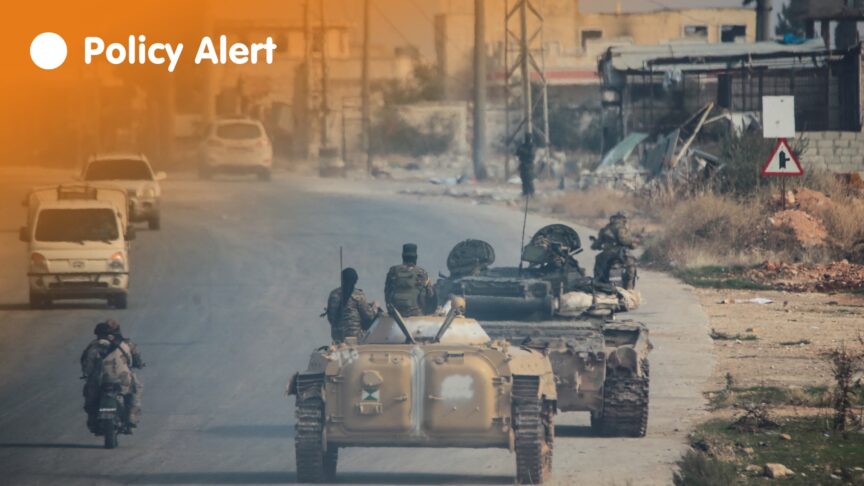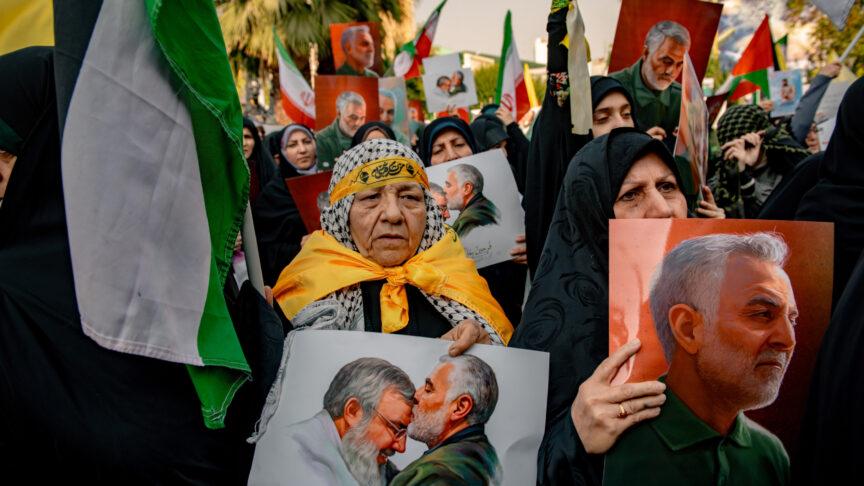Strategic myopia: Why Europeans should resume funding UNRWA
Over the past few days, a growing number of Western governments have frozen funding for UNRWA – the United Nations agency responsible for supporting Palestinian refugees – after Israeli allegations that 12 of the organisation’s 30,000 staff members participated in the Hamas-led attacks on 7 October. Despite UNRWA’s swift action to fire the employees in question and launch an urgent internal investigation, at least 11 countries (including the United States, the United Kingdom, Germany, Italy, the Netherlands, and Switzerland) have moved against the organisation. Between them, they contribute approximately $650m to UNRWA, over a third of its annual budget. Such a decision is both disproportionate and strategically short-sighted: the organisation has warned it will not be able to continue its operations beyond the end of February as a result.
The importance of defending UNRWA
European donors, alongside the US, should urgently reverse their suspension of funding to UNRWA, as it risks compounding humanitarian suffering and undercutting their regional stabilisation goals. In total, the UN agency supplies healthcare, education, and other vital services to some 5.6 million Palestinian refugees. In war-ravaged Gaza, where Palestinians are facing “catastrophic hunger” according to multiple UN agencies, UNRWA is the primary aid distributor. Some 1 million Palestinians who have been internally displaced by Israel’s ground offensive have sought refuge in or near its 154 emergency shelters. The head of the organisation has decried the Western driven suspension of funding as an act of “collective punishment” against Gazans.
In addition, UNRWA has extensive operations in the West Bank (including East Jerusalem), Jordan, Lebanon, and Syria where Palestinian refugees are not otherwise able to access local services. As has happened in the past, cuts to UNRWA operations risk sparking large-scale protests and violence in Palestinian refugee camps. This comes at a volatile moment when the West Bank and Arab host countries are already contending with deepening socio-economic and security challenges. European funding cuts will only worsen domestic instability in these countries in a way that risks driving further escalation between Israel and Iran-aligned groups linked to the Gaza war.
Averting a broader regional war will require a ceasefire in Gaza and the emergence of sustainable and locally owned post-conflict governance there. As the largest and most effective humanitarian actor working on the ground, UNRWA has an important role to play in facilitating this outcome, by helping to scale-up critical aid distribution and providing desperately needed services to Gaza’s 2.2 million inhabitants pending a full return of Palestinian governance.
Israel’s anti-UNRWA campaign
Israel has consistently opposed the internationally recognised right of return of Palestinian refugees whose families were driven out of modern-day Israel in 1948. It accuses UNRWA of perpetuating this problem, by granting refugee status to successive generations of Palestinians (even though this practice conforms with the guidelines set by the United Nations High Commissioner for Refugees). The Israeli government is reportedly working on a plan to discredit UNRWA and push it out of Gaza after the war to suppress the Palestinian right of return. Since the start of the war, 152 UNRWA personnel have been killed and 145 installations damaged.
The European Council on Foreign Relations does not take collective positions. ECFR publications only represent the views of their individual authors.



